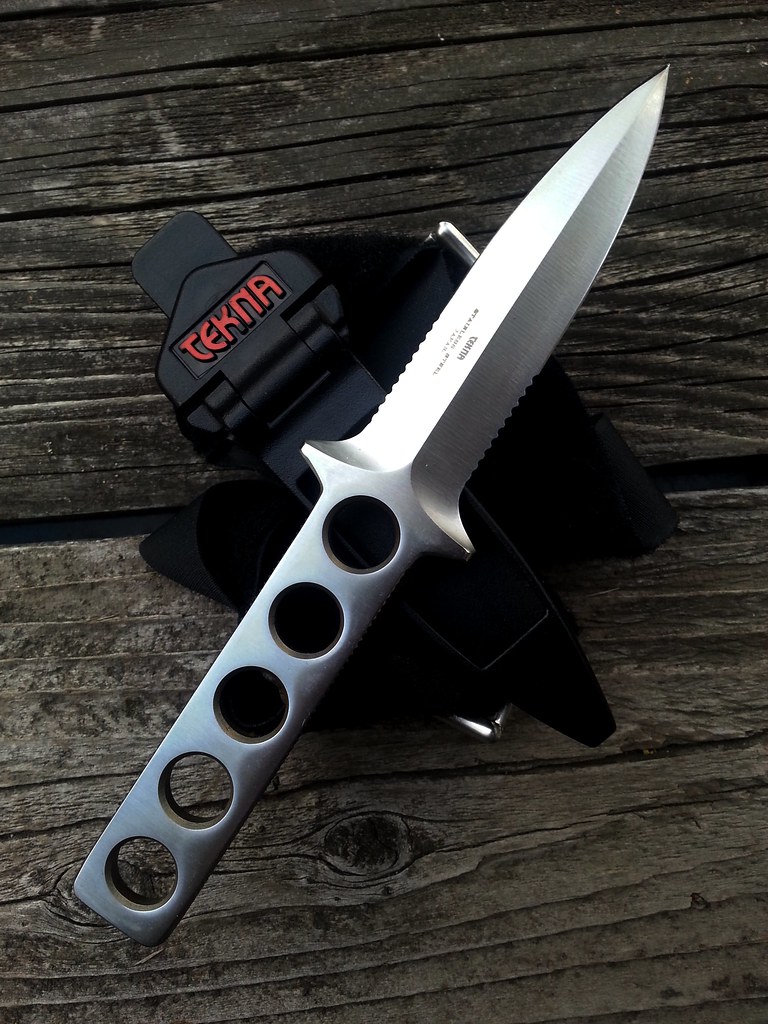One of the problems is that many laws passed by legislatures do a lousy job of defining terms. For example here is an excerpt from a Missouri appellate case trying to figure out what the heck the legislature meant. In effect the court is prevailing on the legislature to step up and define a "dagger" which has yet to be done since the case was decided. The courts are then stuck with having to deal with and interpret the crappy law.
"Dagger" is not a euphemism for any pointed or sharp object. Here, Payne may have employed a dagger to assault George. However, there is no evidence that a dagger, rather than any number of short, pointed items was used (such as a screwdriver, pen, scissors, shard of glass, or sharpened tire pressure gage). As a result, the State presented insufficient evidence to support the conviction. In so holding, we note that it is not our intention to delineate the exact combination of characteristics necessary to define a dagger. Ideally, the legislature will provide additional guidance on the matter so that future trial and appellate courts will not be placed in the difficult situation of making such a determination. State v. Payne, 250 S.W.3d 815 (Mo. App. WD 2008)

